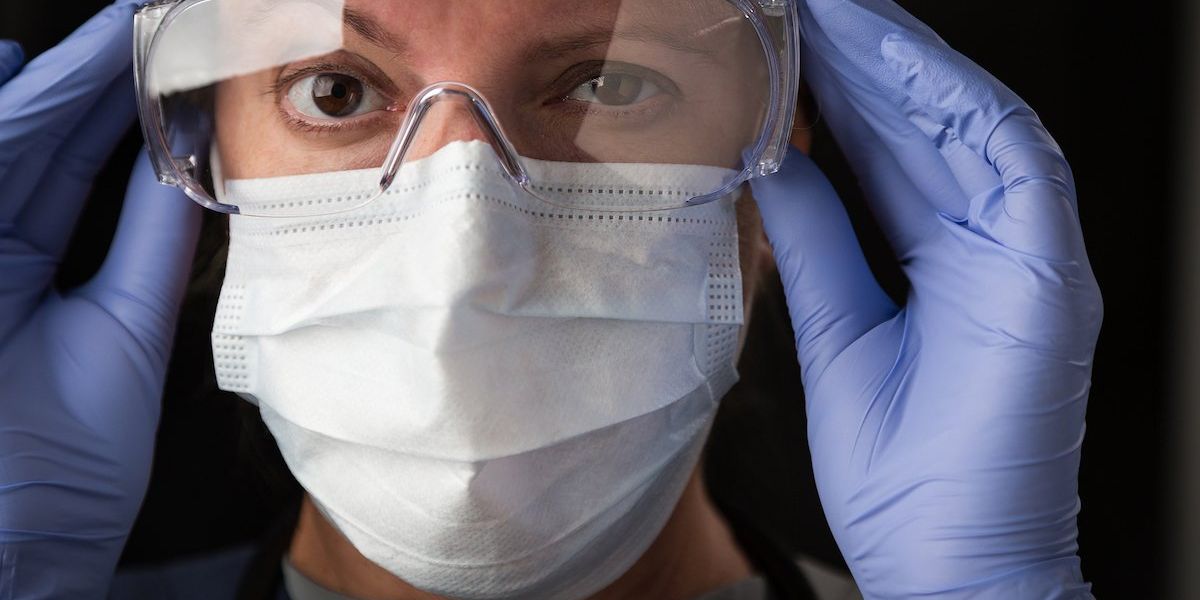
Activists challenge Newsom's climate promises in key states
Environmental activists are targeting Gov. Gavin Newsom’s climate policies with a new ad campaign in battleground states, accusing him of failing to close the Aliso Canyon gas storage facility.
Sharon Udasin reports for The Hill.
In short:
- Food & Water Action launched ads in New Hampshire, Michigan, South Carolina and Nevada, criticizing Newsom for not closing Aliso Canyon.
- Newsom had promised to shut the facility, which caused a massive methane leak in 2015, but regulators approved increased gas storage levels.
- Newsom’s office argues closing it now risks price spikes for families, while activists claim the delay is avoidable.
Key quote:
"Governor Newsom wants to position himself as a national leader on climate and in opposing Trump, but he can’t be a credible national leader if his own house is not in order."
— Mitch Jones, deputy director, Food & Water Action
Why this matters:
Aliso Canyon's 2015 leak had severe public health impacts, raising concerns about the site's safety. Activists argue that true climate leadership requires concrete action, not delays, in transitioning to clean energy.
Related: California girds for a Trump comeback with climate defense plan














